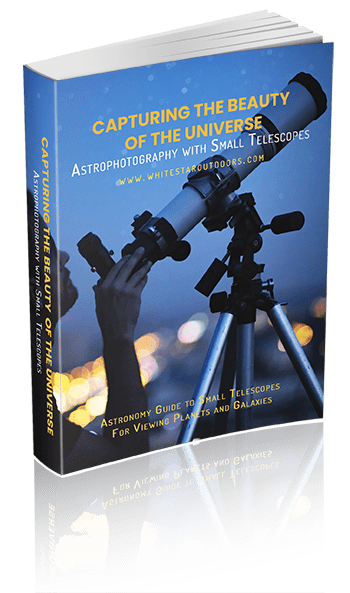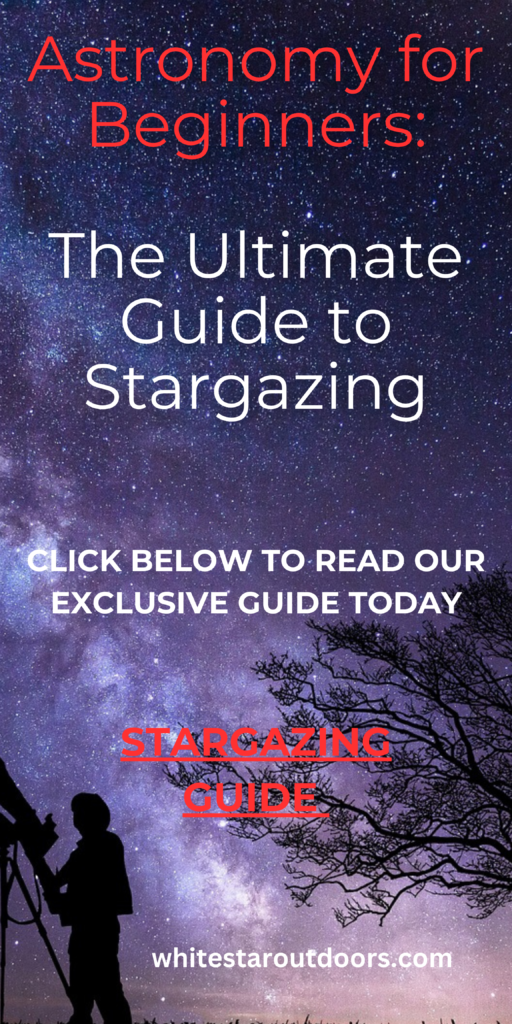If you’re a parent interested in introducing your child to the exciting world of astronomy, a telescope for beginners can be an excellent tool. However, with so many options available, it can be overwhelming to choose the right one.
That’s why we’re here to help!
Celestron PowerSeeker 80EQ Refractor Telescope
First up, we have the Celestron PowerSeeker 80 EQ refractor telescope is the ideal choice for families looking for an affordable and high-quality telescope that will provide many hours of enjoyment for children and adults alike. PowerSeekers are quick and easy to set up, even for the novice. The PowerSeeker series by Celestron was designed with the first-time telescope user in mind. With the perfect combination of power, value, quality and features. This instrument is practical and efficient for the first-timer.
Celestron PowerSeeker 80mm EQ is a Refractor Telescope is ideal for astronomical and terrestrial use.
This telescope is perfect for beginners as it is easy to set up and use. It has a 80mm aperture that provides excellent views of the Moon, planets, and stars. It also comes with 3x Barlow lens that provide an increase in viewing power hundreds of times greater than that of the naked eye.
-
- Optical Design: Refractor
- Telescope Aperture: 80mm (3.15″)
- Focal Ratio: f/11
- Telescope Mount Type: Equatorial
- Type of Electronics: Manual Mount – No Electronics
Check Price
 Orion Observer II 70mm Alt-azimuth Refractor Telescope.
Orion Observer II 70mm Alt-azimuth Refractor Telescope.
Next, we have the Orion Observer II 70mm Alt-azimuth Refractor Telescope. This telescope is also easy to set up and use and has a 70mm aperture that provides clear night sky views. It also has two eyepieces allowing different magnifications and a sturdy tripod for stability.
- An excellent choice for beginners, this 70mm refractor telescope will introduce you to the wonders of the night sky.
- 70mm (2.75″) aperture and 700mm focal length telescope provides excellent views of bright night-sky objects such as star clusters and cloudy nebulas
- Ideal for observing the Moon, bright planets like Jupiter, Saturn, and Mars, and bright star clusters
- The included alt-azimuth telescope mount provided smooth up/down and left/right panning motion, and the adjustable-height tripod helps make your viewing sessions comfortable.
- The complete telescope comes with 25mm and 10mm 1.25″ Kellner eyepieces, red-dot sight, 1.25″ rack and pinion focuser, 90-degree star diagonal, and the Orion Moon Map 260
Check Price
 Meade Instruments Infinity 70mm Refractor Telescope
Meade Instruments Infinity 70mm Refractor Telescope
The Meade Instruments Infinity 70mm Refractor Telescope is our third and final recommendation. This telescope is easy to set up and use and has a 70mm aperture which provides crisp views of the Moon, planets, and stars. It also comes with three eyepieces that allow for different magnifications and a red dot finder, making locating objects in the night sky easy.
The Meade Infinity 70 mm Alt-azimuth Refractor Telescope comes with everything you need to view the wonders of the night sky the first time out. It includes an alt-azimuth mount with a built-in slow-motion control rod for easy and quick tracking of celestial objects. This 70 mm (2.8″) Alt-azimuth Infinity Refractor Telescope by Meade delivers bright images and is ideal for viewing both land and celestial objects.
This Infinity 70 mm Alt-azimuth Refractor Telescope also includes a 2x Barlow lens, a Red Dot finder, and an erect-image star diagonal.
- Optical Design: Refractor
- Telescope Aperture: 70mm (2.8″)
- Focal Ratio: f/10
- Telescope Mount Type: Alt-Azimuth
- Type of Electronics: Manual Mount – No Electronics
Check Price
In conclusion, the Celestron PowerSeeker 70AZ, Orion Observer II 70mm Alt-azimuth Refractor Telescope, and Meade Instruments Infinity 70mm Refractor Telescope are all great options for beginners. They are easy to set up and use and have suitable features for children. We hope this has helped you choose the right telescope for your child’s astronomy journey.
Thank you for watching, and happy stargazing!






